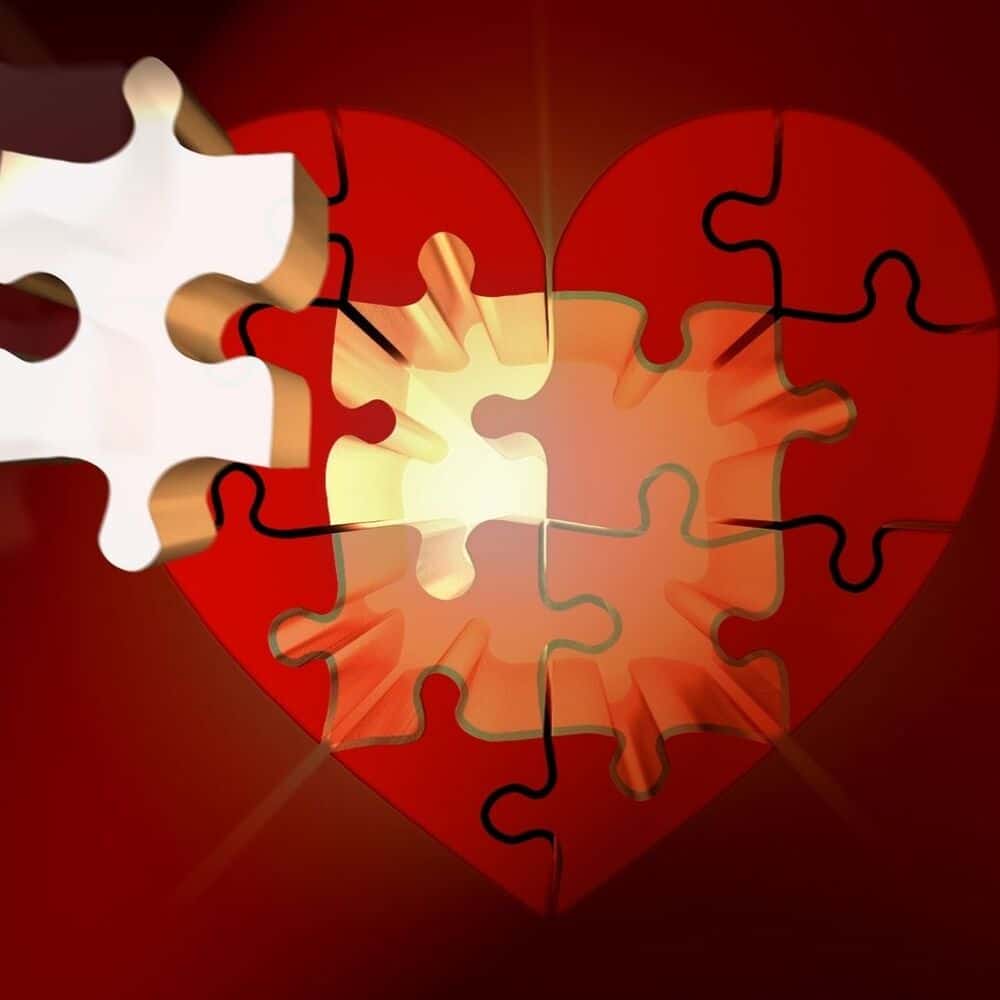
Our childhood plays a significant role in adult relationships. Our first experience of closeness starts with parents or those who raise us. How we open up to others stems from the bonds developed as young children. Those fortunate enough to be a product of a healthy family are likely to have more successful relationships. For anyone who feels they did not grow up in a field of daisies, trouble may arise later in life.
Dr. Michael Lillibridge addresses how our childhood impacts adult connections in The Love Book for Couples. He discusses how we transfer the love and relationships we had with our parents onto our partners. Depending on the environment you grew up in, your relationship may be struggling. When you start to dig deep into the root of your problems, you often discover that they stem from your childhood. When you recognize unhealthy aspects of your relationship, you can start working on them. The issues may come from yourself or your partner, and addressing them can help save your relationship.
The chapter “Prisoners of Childhood” in The Love Book for Couples discusses five significant issues in partnerships. Lillibridge’s research shows these issues stem from childhood experiences. Working on relationship problems will make your life happier and healthier.
- Trust Issues: When someone has limited trust, they have little faith in people and approach life negatively. Trust issues can cause someone to avoid close relationships. If someone who lacks trust enters a partnership, significant problems may arise. Some problems include playing games to test your partner’s loyalty, irrational feelings of rejection, and dismissal by showing indifference.
- Lack of Empathy: An inability to understand a partner’s feelings and express care or love lacks empathy. Those with low empathy need verbal explanations of emotions when conflict arises. Demonstrating heartlessness makes partners feel unloved and unappreciated.
- Overly Attached: Like a child with separation anxiety, attachment issues can later manifest in romantic relationships. Someone overly attached or too needy demands time and attention. They will feel deprived if they do not spend time with their partner, become extremely sensitive, and always seek validation. Attachment problems occur when one partner views the other as an extension of themselves. Someone overly attached cannot see two separate individuals in the relationship.
- Power and Control: Relationships that look perfect on the outside often surprise people when they end. Sometimes, a controlling partner contributes to the breakup, and the superficial portrayal comes to light. When someone needs power in the relationship, they selfishly use their partner for self-gratification. Dissatisfaction often leads to cheating, and the unhealthy toxicity may manifest into abuse. Sometimes, these one-sided partnerships may be beyond repair. If you find yourself in a dangerous situation, reach out to the National Domestic Violence Hotline.
- Low Self-Esteem: Insecurity issues form a dependency on the partner and may stem from poor parenting, even neglect during childhood. Low self-esteem creates a need for constant reassurance and routine feelings of rejection and vulnerability in relationships. Low confidence triggers adverse reactions and emotions along with a reliance on the partner.
The Love Book for Couples shows you how to address these issues and many more. You may need to work on yourself first to have a successful relationship. Lillibridge’s wise words can help singles or couples, but you have to put in the work. You may need professional resources depending on how deep-rooted your problems lie.
Get Relationship Tips from an Expert and How to Live Happily Ever written by one of our authors, Dr. Erin Leonard.
